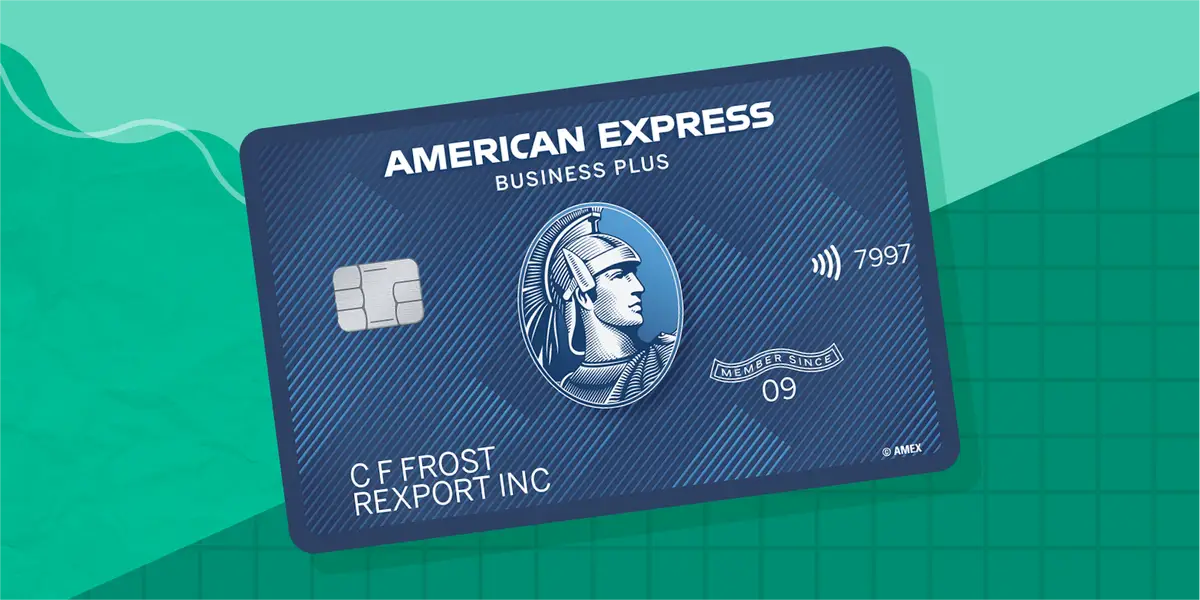The college journey is an exciting and transformative time for teens. It marks the transition from adolescence to adulthood and opens the door to new opportunities. However, the path to success in college requires careful preparation. To ensure a smooth transition, teens attending college should consider these important tips:
1. Academic Planning
Solid academic preparation is the foundation for success in college. Teens should focus on maintaining a high GPA, taking challenging courses, and participating in extracurricular activities. High academic performance not only improves the quality of your college application but also develops valuable time management and study skills.
2. Academic Research
Every college is unique and finding the right one is crucial. Teens should research potential colleges based on academic programs, campus culture, and location. Using online resources and attending college fairs can provide valuable insight into the options available and help teens make informed decisions.
3. Financial Literacy
Understanding the financial aspects of college is crucial. Teens and their parents should research available financial aid options, scholarship options, and budget for college expenses. Being financially literate prepares teens for the costs associated with higher education.
4. Test Preparation
Standardized tests such as the SAT and ACT play an important role in college admissions. Teens should invest time in thorough test preparation, including taking practice tests, taking prep courses or using online resources. Good test scores can have a positive impact on college applications.
5. Personal Development
Student life requires more than just academic progress. Teens should focus on personal development by developing strong communication skills, emotional intelligence, and a sense of independence. These qualities help develop a well-rounded individual who can successfully cope with the challenges of student life.
6. Health and Wellness
Maintaining your physical and mental health during the transition to college is critical. Teens should develop healthy lifestyle habits, including regular exercise, a balanced diet, and adequate sleep. Building resilience and coping mechanisms can help them prepare for the rigors of college life.
7. Application Procedure
The college application process can be overwhelming, so teens should start early. This includes writing a compelling personal statement, obtaining strong letters of recommendation, and ensuring that all application materials are submitted by deadlines. Organizing the process systematically can reduce stress and increase your chances of acceptance.
8. Time Management
Student life often has a more flexible schedule and effective time management becomes crucial. Teens need to sharpen their time management skills by planning, prioritizing tasks, and avoiding procrastination. Learning to balance academic responsibilities and social activities is critical to a meaningful college experience.
9. Network
Building a network of colleagues, professors, and professionals is a valuable asset in college and beyond. Teens are encouraged to participate in social events, join clubs, and connect with alumni. These connections can provide support, guidance, and potential opportunities for internships or future careers.
10. Technical Skills
In today’s digital age, being tech-savvy is a valuable skill. Teenagers studying at university need to become familiar with technologies commonly used in academic settings. This includes online learning platforms, research instruments, and communication apps. Proficiency in these areas improves the overall learning experience.
11. Cultural Sensitivity
College campuses typically have a diverse student body. Teens need to be culturally sensitive, respecting and valuing differences. Participating in activities that promote cultural awareness improves interpersonal skills and contributes to a harmonious and inclusive university community.
12. Adapt to the Mindset
The university environment is dynamic and constantly changing. Encourage teens to develop a flexible mindset and see challenges as opportunities for growth. Flexibility and adaptability are key qualities they benefit from as they undertake new academic, social, and personal experiences.
13. Dormitory Necessities
For students living on campus, adjusting to college life is an important aspect of the college experience. Teens should prepare for this by creating a list of dorm essentials, including bedding, storage solutions, and personal belongings. Familiarity with residency policies and guidelines can also ease the transition.
14. Security Awareness
Increased safety awareness is crucial, especially for students who run away from home. Teens should familiarize themselves with emergency procedures and safety measures at school and make informed choices about their personal safety. By being proactive in this area, you can help create a safe and comfortable college environment.
Conclusion
By incorporating these additional skills into college preparation, adolescents can increase their readiness to tackle the diverse challenges and opportunities that higher education presents. A comprehensive approach that includes academic, personal development, and practical considerations provides the foundation for a satisfying and successful university journey.
FAQs
1. When should my child prepare for college?
It is recommended that teens begin the college preparation process as early as their freshman year of high school. This allows plenty of time for academic planning, extracurricular activities, and researching potential colleges.
2. How important are standardized test scores in the college admissions process?
Standardized test scores, such as the SAT or ACT, are one of the factors considered in the college admissions process. While not the only determining factor, high scores can have a positive impact on college applications. Teenagers are advised to prepare for these tests to demonstrate their academic skills.
3. What financial aid options are available for college-bound teens?
Financial aid options include scholarships, grants, loans, and work-study programs. Completing the Free Application for Federal Student Aid (FAFSA) is a crucial step in determining your eligibility for various types of financial aid. Teens and their parents should explore these options to make informed decisions about college affordability.
4. How do teens balance the academic and social aspects of college life?
Effective time management is key to balancing academic and social aspects. Teens need to create a schedule, prioritize tasks, and be proactive in managing their time. Additionally, joining clubs, participating in campus events, and connecting with peers can help achieve a healthy balance between academic and social life.
5. What are the requirements for dormitory living?
Dorm living essentials include bedding, storage solutions, personal hygiene products, and basic kitchen supplies. Creating a checklist and familiarizing yourself with residence hall policies can ensure a smooth transition to campus life.



